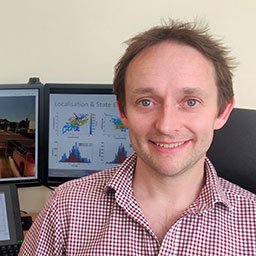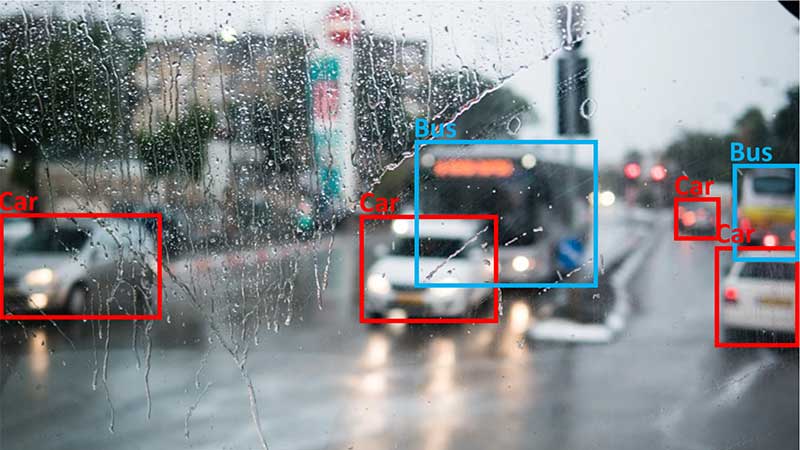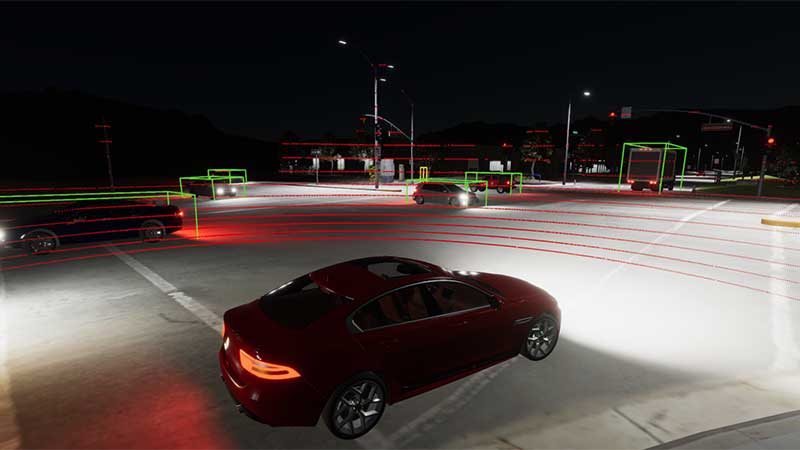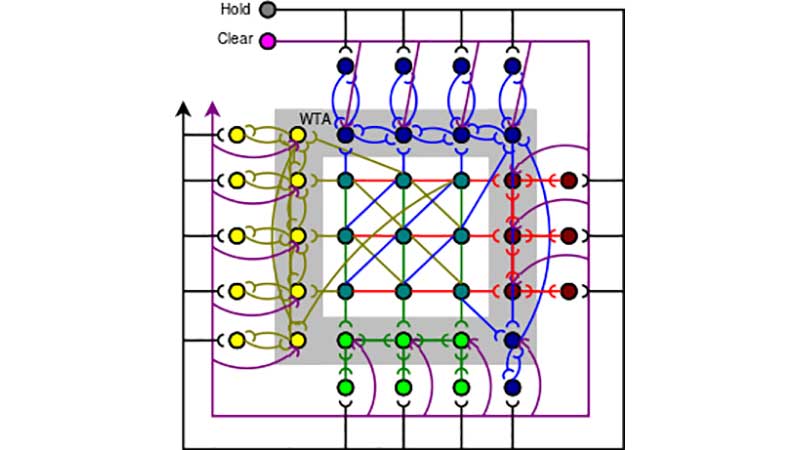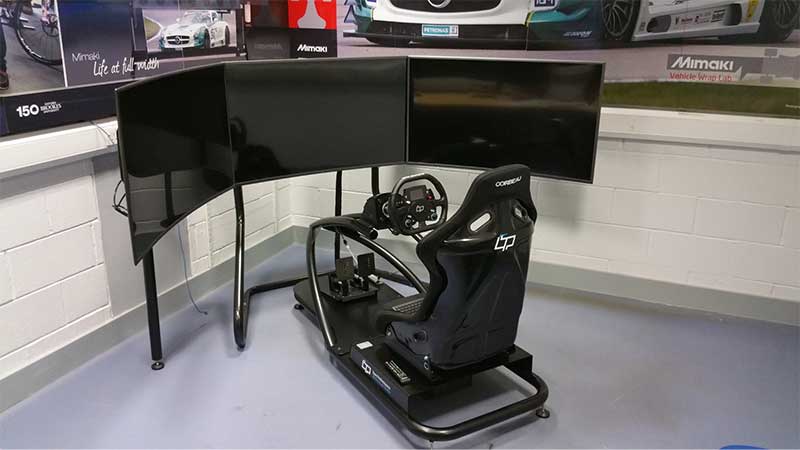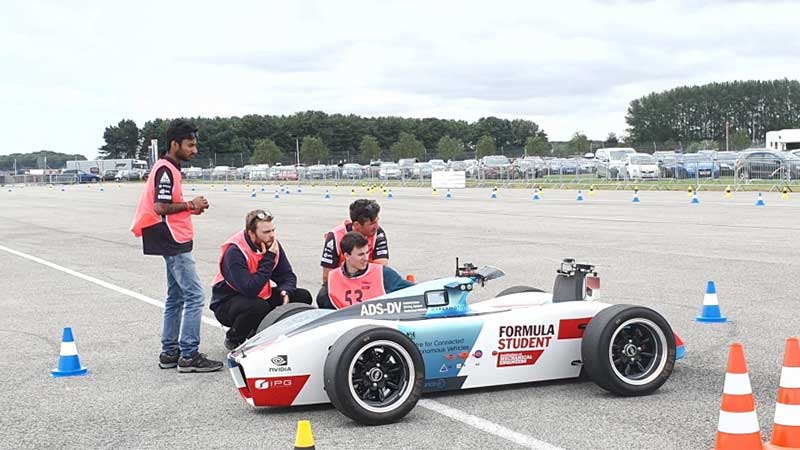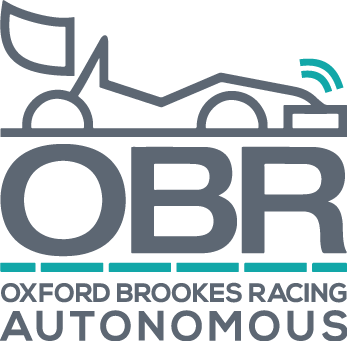Autonomous Driving and Intelligent Transport
Group Leader(s): Dr Andrew Bradley
Contact: abradley@brookes.ac.uk
About us
The Autonomous Driving and Intelligent Transport group develops state-of-the-art technologies to realise the potential offered by intelligent, connected and highly automated vehicles and transport systems.
Academics and researchers have expertise in many areas including autonomous vehicle perception and control systems, connected vehicle communications, smart city integration, ethical vehicles and transport strategy - enabling us to advise, research and consult on all aspects of the vehicles of the future.
The group is funded by Horizon 2020, and is proud to support OBU’s award-winning autonomous racing team, OBR Autonomous.

Related courses
- Artificial Intelligence (BSc (Hons) / MSci)
- Automotive Engineering with Electric Vehicles (MSc)
- Engineering (MPhil / PhD / Masters by Research / PhD by Published Work)
- Computer Science for Cyber Security (BSc (Hons))
- Computer Science (BSc (Hons))
- Computer Science for Cyber Security (MSc / PGDip / PGCert)
- Computing Science (MSc / PGDip / PGCert)
- Electro-Mechanical Engineering BEng (BEng (Hons))
- Motorsport Engineering (MSc)
- Motorsport Engineering (BEng (Hons) / MEng)
Research impact

The group works closely with local partners and stakeholders, and advises on the Future of Mobility in Oxfordshire with regular interaction with OxLEP. Our research develops technological advances which will significantly impact road safety, and is active in working with SMEs and larger enterprises to implement technology developed at OBU in road-going vehicles. The group has advised on the development of the legal framework for the adoption of Autonomous Vehicles on the UK’s road network.
The OBR Autonomous project seamlessly blends research with teaching, graduating world-class students with the experience required to be the next generation of autonomous vehicle engineers and software developers.
Leadership
